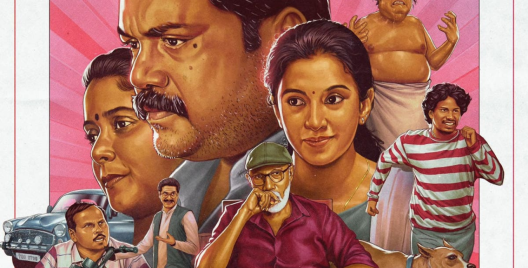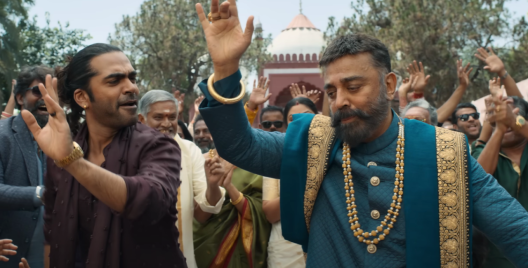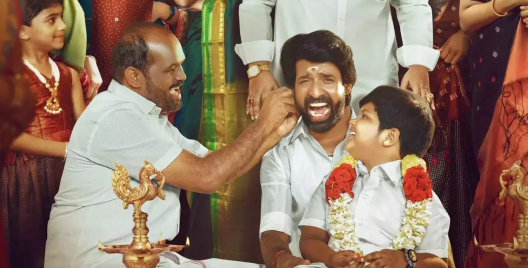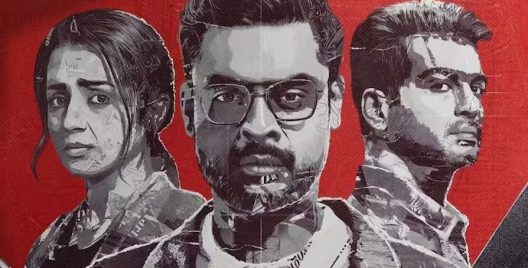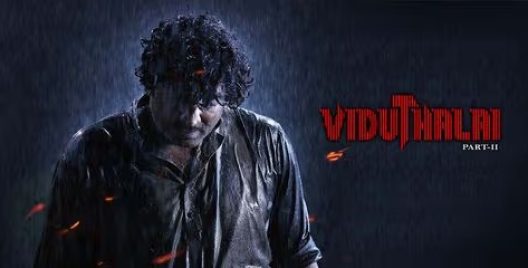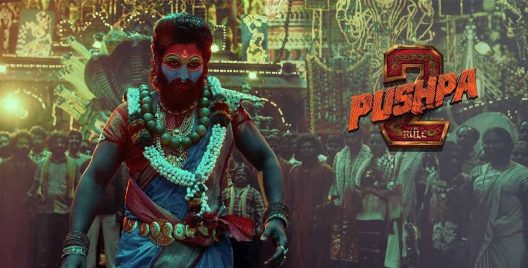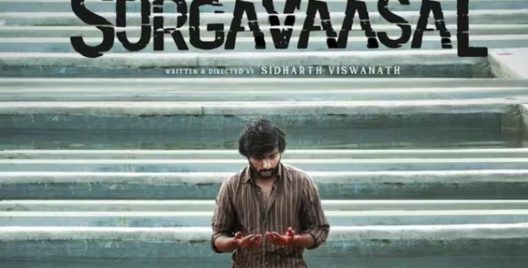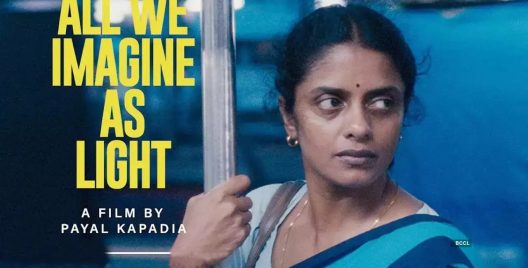Director: Lokesh Kanagaraj
Leo is an action thriller film. The movie’s hype started when it was announced that Lokesh Kanagaraj and Vijay are joining hands again for the second. But the hype didn’t stop there. From the announcement of cast to booking movie ticket, this movie had huge expectation among the audience. But did it fulfil the excitement? To be honest the answer is a clear No.
The story of Parthiban (Vijay), an animal rescuer and café owner, is told in the movie. Parthiban and his family, including wife Sathya (Trisha) and their two children, reside in Himachal Pradesh. He does, however, get embroiled in a number of problems as the story progresses and garner media attention. As things get worse, his picture and story spreads across the nation, attracting the attention of violent criminals who see a striking resemblance between him and former ruthless gangster Leo Das, the son of notorious warlord and tobacco tycoon Antony Das (Sanjay Dutt). Although it was assumed that Leo died in a tragic fire accident, Antony and his brother Harold Das (Arjun) are sure that Parthiban is Leo after seeing his picture. While Parthiban struggles to defend himself and his family, the rest of the movie centres on their quest to learn the truth.
Though Vijay’s entrance deviates from the standard Thalapathy formula, Lokesh gives him something much more exciting, a confrontation with a hyena that preys on humans. Instead of showcasing his physical prowess in this sequence, Lokesh focuses on Parthiban’s mental alertness and presence of mind, departing from the formulaic Vijay films. Leo moves along at a steady pace rather than using forced cuts or sudden shifts, like Lokesh’s earlier films. The movie takes its time exploring the different facets of Parthiban and his family’s routine and happy lives.
But in the second half, the subject is reduced to just one: Is he really Leo? This creating a sense of repetition and leaving the viewer hoping for a quick resolution that will allow the narrative to go on. However, by saving the revelation for the very end, the focus of the movie is reduced to just this one element. But the revelation was not something that is unexpected, it was seen right through the moment the question arises.
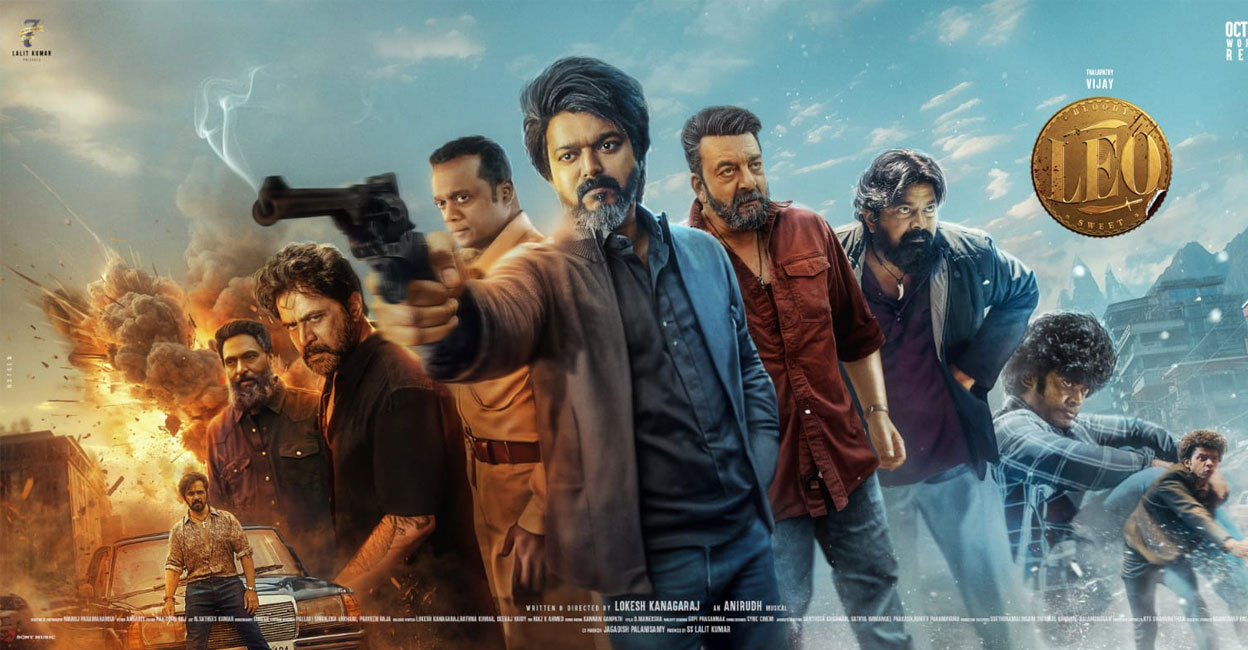
Focusing on the acting part, Vijay gave one of his career-best performances. But seeing the screenplay of Leo, it is rather felt as wasted in the film. From the announcement of the movie, the filmmakers didn’t introduce Trisha as the heroine of the movie; she was rather introduced as one of the artists of the film. But apart from being Parthiban’s wife, she wasn’t given much, but she did justice to her role. Even though Trisha and Vijay are pairing after 14 years, the chemistry didn’t budge a bit. Coming to the ensemble star cast, Arjun and Sanjay Dutt gave a terrifying performance. *spoiler ahead* Madonna Sebastian and Anurag Kashyap are absolutely wasted in the film. Anurag, as Leo’s friend, didn’t even have a minute in the movie. Madonna, as Leo’s twin sister Elisa, was just there to be killed in the film.
Filmmakers begin to respond in accordance with the buzz rather than their own originality or brilliance, which initially brought the fame. Although Lokesh Kanagaraj is well aware of this potential, he repeatedly avoids slipping into it. The standard masala formula involves the introduction of the mass appeal at each turning point in accordance with the star’s popularity. Lokesh’s style departs drastically from this formula. Instead, the singular plots and focal points in his films give them their “mass,” which adds to their uniqueness. But that is not what Leo missed; it was the lack of a solid screenplay, which was one of Lokesh Kanagarj’s strengths. From having too many stars in the movie to the expected plot to forcefully adding Leo to LCU, this is not usual Lokesh Kanagaraj’s style. Lokesh carried the first half of the film in his usual style but rather second half was dragged and didn’t had a solid screenplay.
The movie’s major strength is its cinematography. Cinematographer Manoj Paramahamsa’s magic behind the lens paid off well on screen. Similarly, editor Philomin Job did justice to the movie’s cinematography. Lokesh, alongside colorist Glen Castinho, ensures a unique visual treatment in line with the movie’s setting. The soundtrack and background score by Anirudh Ravichander also greatly add to the action of the movie. Leo takes advantage of the great tunes that Anirudh inserts into the movie, departing from his usual star-worship compositions and giving it a unique feel.
In short, the movie could have been written better, or maybe if it wasn’t forcefully added to the LCU, it have the potential to be a decent standalone from Lokesh Kanagaraj.
Rating – 2.75/ 5





